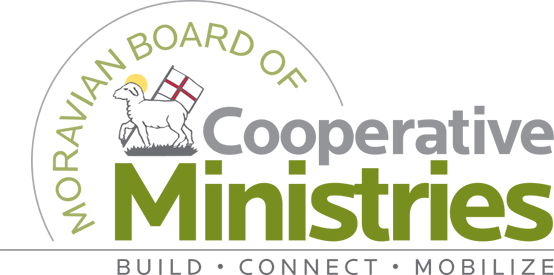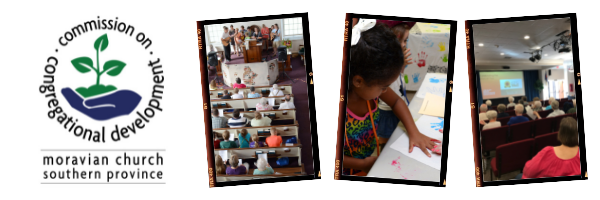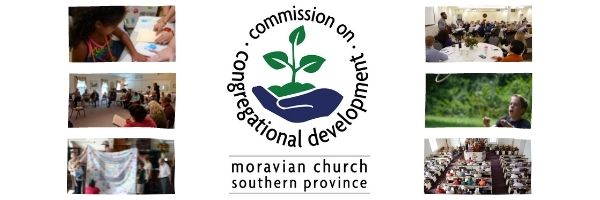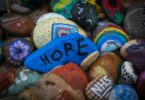
BY DANA MYERS |
“Are you considering hurting yourself or taking your own life?”
This simple question saves lives. Yet suicide is a difficult subject to talk about. In our society, the taboo around discussing death by suicide can surpass that of talking about sex and sexuality. Linguists have found that people use specialized language to discuss what we often consider impolite subjects, such as suicide. Research shows that there is an almost-universal discomfort when speaking of someone dying by suicide, and that discomfort extends to physicians, nurses, clergy people, and even mental health professionals. Our inability to talk frankly about one of the world’s leading causes of death is a result of taboo and discomfort. Asking one simple question – the first step in the QPR method of suicide intervention- is vitally important to overcoming the fear and stigma around suicide.
If you are a middle-aged or older adult, you probably know someone who has made a suicide attempt. You may have known someone who died by suicide, and it is very likely you know someone who has thought, or is currently thinking, about suicide. In the United States, suicide is the second leading cause of death for teens and young adults. It claims over 47,000 lives per year. There are nearly twice as many suicides as homicides. As many as 12% of young adults aged 18-25 have considered suicide in the last year, and of those, over 1,000,000 will make a suicide attempt.
There are many Scriptural mandates to care for our neighbors and those in need. Many times we understand these directives to be oriented toward the impoverished in our communities and indeed, our Lord commands us to care for the poor. Yet we must also consider our care and love for those experiencing crises of a different sort and how we can intervene and comfort those who living with the life-altering pain of despair that comes when one considers suicide.
“Carry each other’s burdens and so you will fulfill the law of Christ.” – Galatians 6:2

Photo courtesy of Alvin Mahmudov on Unsplash.
We can all be Gatekeepers, demonstrating grace and mercy to one another and carrying each other’s burdens as Beloved Children of God. Yet many of us, though willing to engage in the holy work of suicide prevention, would not know where to begin or how to ask the difficult questions. Many of us would not know where to refer someone for further mental healthcare, and few of us would know how to persuade an individual suffering with suicidal thoughts or considering self-harm to not take their own lives or harm their own bodies.
The QPR method of intervention models that of CPR, and can be just as life-saving. Just like CPR, QPR can be implemented with minimal training, but it is helpful to learn the basics of how to carry out this lifesaving mental healthcare technique. Suicide is the most complex and difficult to understand of all human behavior. We misunderstand the nature of suicide when we assume that it won’t happen to us or to those that we love. Just like a heart attack, thoughts of self-harm and suicide can be unexpected, unprovoked and unexplained. Yet we can all learn to watch for warning signs, persuade our Brothers and Sisters to get help and refer them to life-saving care.
“Instead of each person watching out for their own good, watch out for what is better for others.” – Philippians 2:4
Thanks to the imaginative work of Rev. Rebecca Craver and a generous grant from the Beth Hayes Education Fund, I was able to complete the QPR Institute’s Educator Training and am now certified to educate other QPR Gatekeepers in how to recognize warning signs of suicide, how to intervene in a suicidal crisis and how to refer those experiencing suicidal thoughts to a mental health care professional.
The chain of generosity for this training began with a grant extended to Luther Seminary students to complete the QPR Gatekeeper training as part of our Seminary experience. Many of us found ourselves facing pastoral calls and working with youth, the elderly and others particularly susceptible to suicide, yet not knowing how to respond to those experiencing the pain of considering self-harm. The grant covered several sessions of QPR and knowing that I have hopes of ministering in a specialized way to youth in our Province, I signed up for the one hour-long training.
Little did I know that within a few weeks of completing the QPR Gatekeeper course, I would have the opportunity to use my training in several separate incidents with those experiencing the pain and trauma of suicide.
“Those who refresh others will themselves be refreshed.” – Proverbs 11:25

Photo courtesy of Keita Senoh on Unsplash.
I work best late at night. When my house is quiet and the pets (and humans!) are all sleeping peacefully, my mind comes alive. I complete assignments, read, and prepare for the next day long after my family has gone to bed. Late one Tuesday evening, I was completing an assignment for class the next day when my phone alerted me to an incoming text message.
“Dana, my friend ________ just killed herself today. I am so sad.”
Not long after, a local high school, Mount Tabor in Winston-Salem, experienced a shooting at school. One young man shot and killed another during school hours before fleeing the school and later on being apprehended with no further injuries. The trauma of a school shooting rippled throughout our community, and I found myself the recipient of another text message. This time, I didn’t know the individual. He had gotten my number from his friend, the sender of the first text message.
“Hi Dana, you don’t know me. I’m _______’s friend. I go to Tabor. I knew both of the boys in the shooting. I don’t know who else to talk to. Can you help me?”
Again, the skills I learned in the QPR Gatekeeper course came back to help me work through the trauma this young man was experiencing.
Suicide, though, is not something that only affects the young and those experiencing trauma. In fact, the most vulnerable group susceptible to death by suicide tends to be older, white men. It is believed that this is due to their familiarity with and access to firearms, and thus in our congregations, we must carefully be aware of those recently widowed, experiencing health problems or facing depression. Both men and women of all ages can be impacted by suicide.
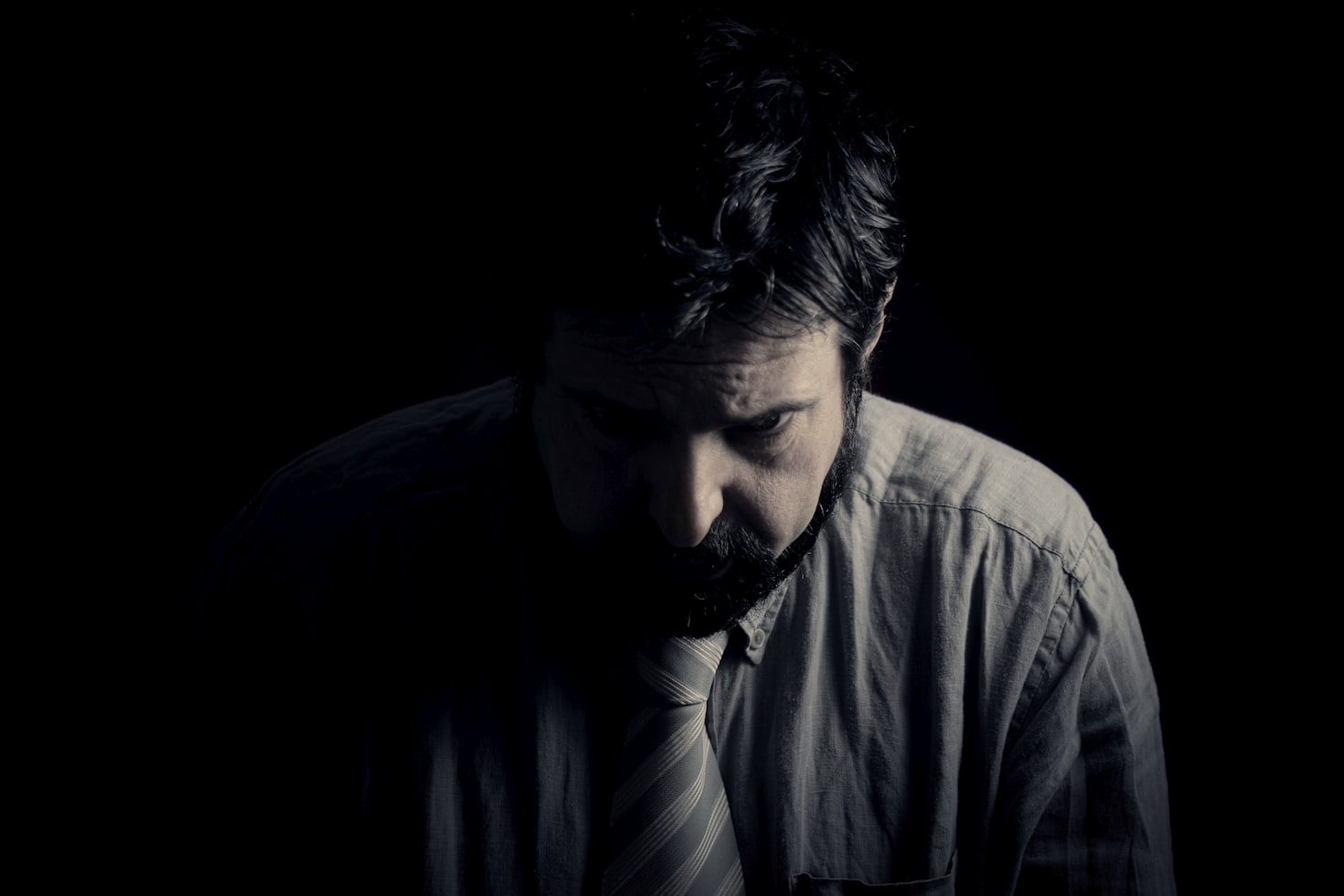
Photo courtesy of Gianfranco Grenar from Unsplash.
Though none of the persons I spoke with killed themselves, they had at least thought of doing so. Through the QPR intervention, I was able to offer care in a way that previously would have been uncomfortable for me. Following these incidents, I knew that training others in this life-saving intervention was important for those in my congregation and those in my community.
“In everything I have shown you that, by working hard, we must help the weak. In this way we remember the Lord Jesus’ words: ‘It is more blessed to give than to receive.'” – Acts 20:35
QPR Gatekeeper training takes one hour and requires no advance preparation. The class can be completed entirely online through an interactive Zoom session, or directly in person. We do caution those who have experienced suicide of someone close to them recently to be aware of their own bodily and spiritual response to the training, and offer supportive resources for those who have experienced this trauma as they complete the course. Every Gatekeeper receives a resource booklet and certification card that can easily be carried in a wallet for quick reference. The certification remains active for 2 years. Over 5,000,000 people have already been trained worldwide in the QPR method.
Thanks to the chain of generosity that connected churches to resources, people to opportunities and funding to need, we are ready to begin training QPR Gatekeepers to become lifesaving heroes in the lives of those experiencing thoughts of self-harm and suicide. If you or your congregation or community is interested in completing the QPR Gatekeeper Training, please contact me by email to make arrangements. QPR is for everyone – youth leaders, clergy people, educators, public health workers, our friends, family and leaders. We can all make a difference, starting with a difficult question.
“So continue encouraging each other and building each other up, just like you are doing already.” – 1 Thessalonians 5:11
1. My email address is [email protected]
2. Information for this article has been taken from the National Institute of Mental Health, the QPR Institute, and the Holy Bible, NRSV translation.
About the author
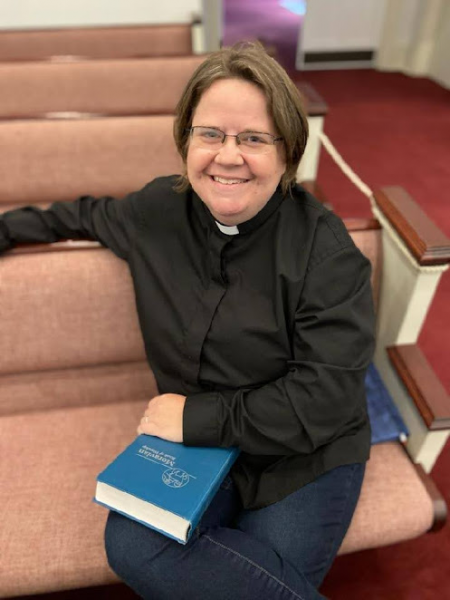
Dana Myers is a pastoral intern at Unity Moravian Church in Lewisville, North Carolina; a student in Luther Seminary’s MDivX program in Saint Paul, Minnesota; and a candidate for ordination in the Moravian Church Southern Province. She is a proud mom to Raine, spouse to Matt and dog mom to Bandit and Rosie. In her spare time, she enjoys hiking, local history, and the theology of science fiction (especially Doctor Who and Harry Potter). She can be reached at [email protected].
Requests for republishing, click here.
Want to volunteer to write for us? Click here.
